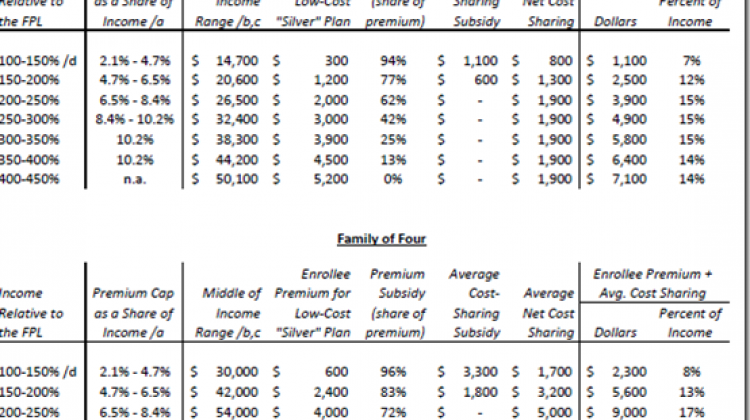Senate Bill Passes 60-39
Right along party lines as expected, with Jim Bunning not voting. What’s interesting is that since the GOP started praying for Democratic members of the Senate to not show up, a Republican has missed every vote. Irony or sweet revenge? This ends the 2009 legislative year and now we are on to reconciliation to fix […]

Right along party lines as expected, with Jim Bunning not voting. What’s interesting is that since the GOP started praying for Democratic members of the Senate to not show up, a Republican has missed every vote. Irony or sweet revenge?
This ends the 2009 legislative year and now we are on to reconciliation to fix the health care bill. I actually have a little bit of hope of some good coming out of there, given statements some House members are starting to make. This bill is far from perfect, but we now have a real chance to make it better. It’s a much more real chance than the “fix it later” mentality. We won’t get things like a public option out of conference, but if a few things could happen like dropping/greatly reducing the mandate for lower income people, then it’s a bill I could stomach. I’ve said all along that the mandates was the deal breaker for me because of the adverse affect they actually will have on lower income people, namely those who make just enough to not get Medicaid.
I will admit that the bill does a lot to reduce costs for families, but most are focusing on the more median income families. In our uncertain economic times with a very weak job market, forcing people below 175% of the federal poverty level to buy insurance is adding to an already disastrous situation. It also shows the disconnect between Washington and the lower income people. They don’t know what it’s like to live paycheck to paycheck. They are operating on the assumption that people in this situation don’t get insurance out of greed. For most it is out of a very, very tough decision on what expenses can be cut in order to survive. Health insurance means nothing if you are homeless or can’t afford to eat, and the extra $1,100-$5,000 a year these people will now be forced to pay is going to be felt hard.
To keep it in context, here is the chart from the CBO that many have been using to calculate health care costs under the new legislation:
Honestly I don’t see where the bill will actually lead to a healthier America for the lower income people. If they have to scrap and save to pay out for the mandated coverage, they are going to be left with insurance that isn’t the most adequate. They will also pass on going to the doctor when sick because having to pay out co-pays, even though cheaper under this legislation, can very well mean the difference between eating a couple of meals or not. This is the harsh reality.
Considering that health care costs is one of the greatest economic factors out there, I think another good solution would be to readjust the federal poverty level to a higher scale that incorporates health care costs. That or change the rules so that the determination of where you fall on the FPL is based on your income after health care costs. Yes this would add to the cost of the bill, but it will also be more meaningful reform.
Another problem with the FPL is that it is nationally based. The poverty level for someone in New York would be much, much higher than for someone in South Carolina. While it’s a great tool for figuring things like health care subsidies, it is also highly flawed.
Fixing the FPL is very doable. As matter of fact it is the perfect candidate for reconciliation, and something I would love to see the blogosphere get behind.







